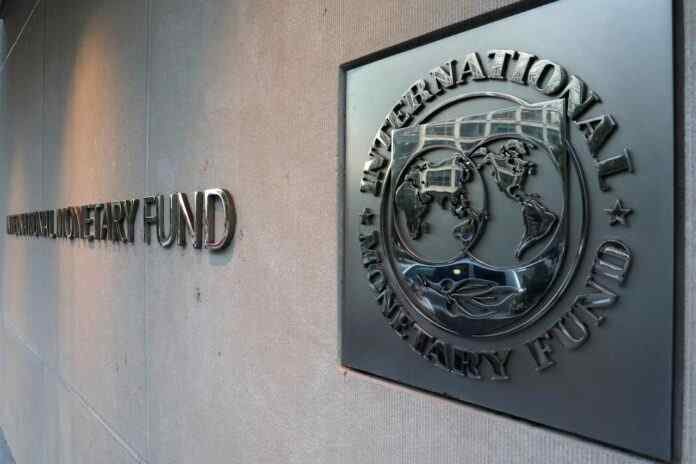Pakistan’s federal government is challenging several findings in a recent International Monetary Fund (IMF) draft report on governance and corruption, delaying its publication while officials prepare a formal response.
Sources within the Ministry of Finance confirmed that Islamabad is pushing for revisions to the IMF’s Governance and Corruption Diagnostic Assessment before granting approval for release. The draft, compiled earlier this year, scrutinizes six key areas of government operations, including fiscal management, financial oversight, anti-money laundering efforts, and procurement systems.
Clash Over Proposed New Watchdog
One of the IMF’s most debated recommendations is the creation of a new agency to disclose bureaucrats’ assets. Pakistani officials argue the Federal Board of Revenue (FBR) and the Financial Monitoring Unit (FMU) already perform this role, making another body unnecessary. They also point to the government’s current “rightsizing” strategy, which aims to reduce—not expand—the state’s institutional footprint.
Concerns Over Fiscal and Tax Reforms
The IMF draft also calls for:
- Stricter controls on supplementary budget approvals,
- Integration of parliamentarians’ development schemes into the annual budget,
- Earlier publication of the Budget Strategy Paper for greater fiscal transparency, and
- Simplification of Pakistan’s tax structure by 2026.
It highlights corruption risks within the FBR and urges consolidation of tax schedules and elimination of overlapping taxes. Additionally, the report recommends granting greater autonomy to the Auditor General and closing procurement loopholes to strengthen accountability.
Officials, however, argue that many of these measures are already in motion. They point to the shift of tax policy oversight from the FBR to the Finance Division and ongoing modernization initiatives aimed at simplifying compliance and reducing opportunities for graft.
Behind-the-Scenes Negotiations
A high-level meeting at the Finance Ministry last week brought together FBR representatives, regulators, and other stakeholders to finalize Pakistan’s response. Participants reportedly expressed frustration over some of the IMF’s assessments, especially regarding anti-money laundering enforcement and public finance management.
The IMF has made publication of the report part of its broader transparency requirements for Pakistan’s loan program. However, the government has signaled it will not sign off until its objections are addressed.
What’s Next
Once finalized, the IMF’s diagnostic is expected to form the basis of a time-bound reform plan targeting corruption risks and governance gaps. For now, Islamabad is standing firm, resisting recommendations it sees as redundant or misaligned with reforms already underway.
This standoff underscores the balancing act Pakistan faces: meeting IMF program conditions while maintaining control over its domestic reform agenda.

